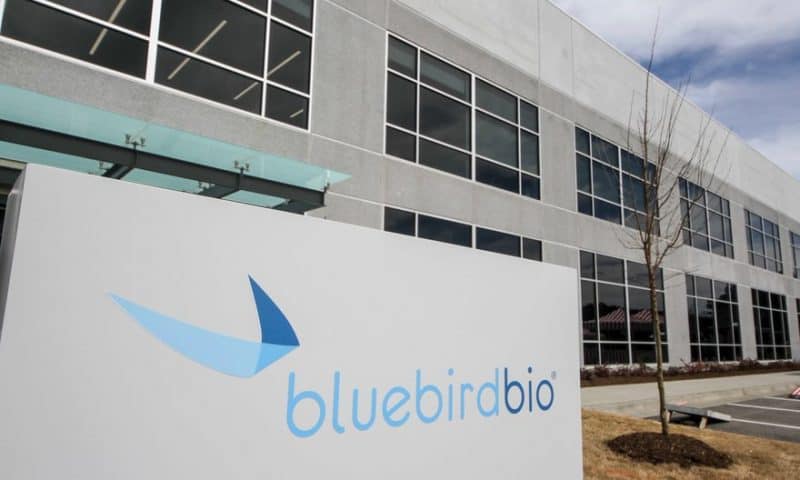Bluebird bio’s chief medical officer David Davidson, M.D., is hitting the exit, though remaining as a consultant, as the biotech looks to navigate through its gene therapy issues.
In a Securities and Exchange Commission filing (and not via a press release), bluebird said Davidson will leave as CMO from the middle of next month but will stay on as a consultant for six months. Here, he “will provide ongoing guidance and support for bluebird’s late-stage development programs in severe genetic disease, particularly as it navigates the regulatory interactions following the safety events reported to the company in February 2021.”
He’s also on the hook to “assist with the transition of his duties to the company’s interim chief medical officer, and the medical leadership for the company’s oncology programs and portfolio.”
Though leaving, Davidson will still be busy with those “safety events.” In February, bluebird suspended two clinical trials of its sickle cell disease gene therapy after participants developed acute myeloid leukemia (AML) or myelodysplastic syndrome (MDS) as it sought to find out whether the BB305 lentiviral vector is linked to the cases of AML and MDS.
The AML case involves a patient who received LentiGlobin gene therapy for sickle cell disease in a phase 1/2 clinical trial more than five years ago, while the MDS case occurred in a participant in the phase 1/2 clinical trial.
It also hit the pause button on the rollout for ill-fated gene therapy Zynteglo amid these flags, seeing its shares in mid-February sink 30% on the news.
It is, however, bouncing back, and this month said the LentiGlobin gene therapy is “very unlikely” to have caused the AML case that affected a recipient of a sickle cell treatment. Bluebird is now working with regulators to resume clinical trials in beta thalassemia and sickle cell disease.
An investigation into the patient who developed MDS is ongoing.
As it stands, clinical trials of the beta thalassemia and sickle cell disease gene therapies remain subject to FDA clinical holds. Sales of Zynteglo, which uses the same BB305 vector as the sickle cell therapy, remain suspended, too.
It did have more positive news this month with another gene therapy, known as eli-cel, as updated data in cerebral adrenoleukodystrophy saw most patients alive and free from major functional disabilities after 24 weeks of follow-up, suggesting the drug stabilizes the disease.
This also comes in the same week bluebird’s former chief operating officer and head of oncology, Joanne Smith-Farrell, Ph.D., became Be Biopharma’s new CEO, teaming up with another bluebird alum, Rick Morgan, Ph.D., now its chief scientific officer, who had led the preclinical work for bluebird’s Bristol Myers Squibb-partnered anti-BCMA CAR-T therapy, idecabtagene vicleucel (ide-cel), as its vice president of immunotherapy.
Smith-Farrell’s move came as the biotech plans to spin off its oncology assets into a new publicly traded company. In the future, separate companies will be responsible for the genetic disease drugs and cancer cell therapies.
Bluebird’s shares were down 2.6% Tuesday on Davidson’s departure and continued in the red in premarket trading this morning.

